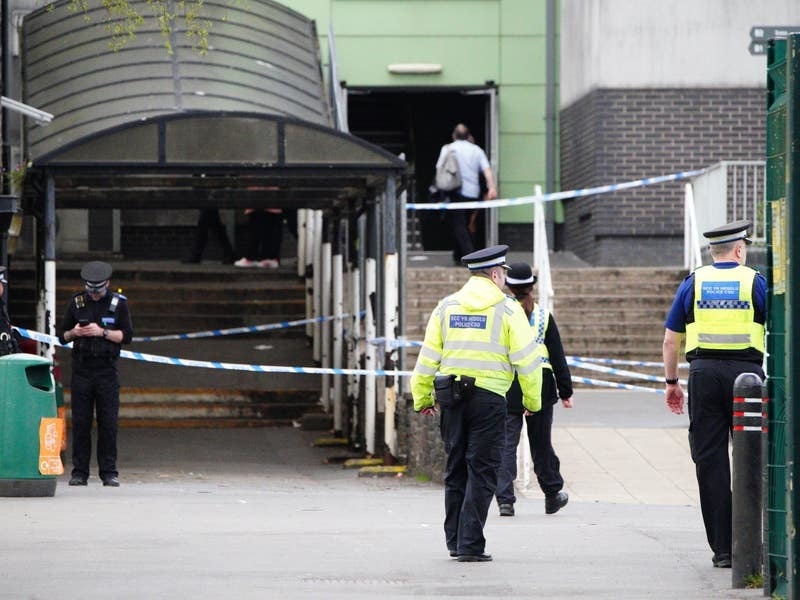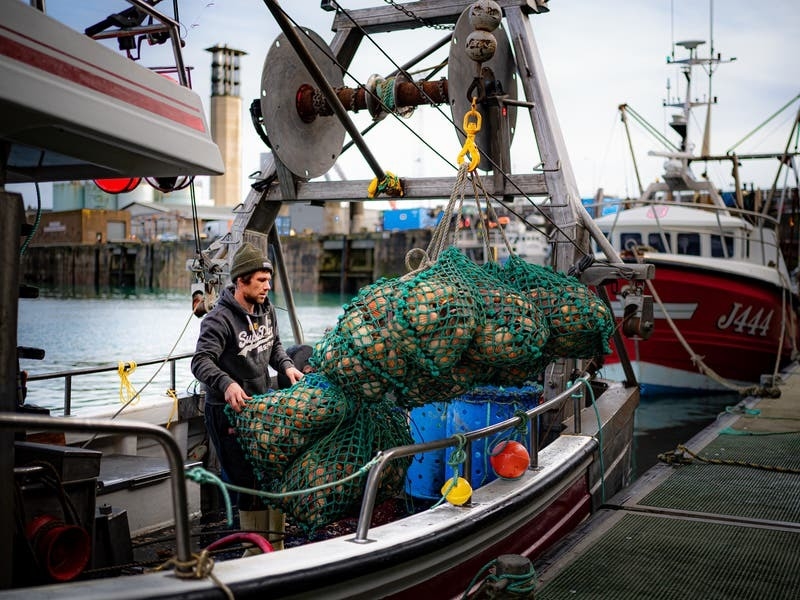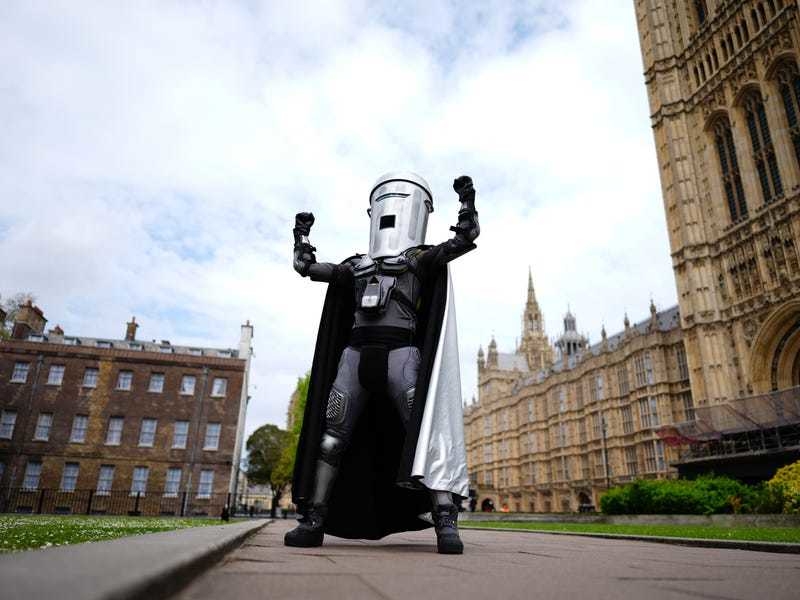Halkett Street is due to become Rue Ivy Forster to recognise the achievements of the woman who was elected a St Helier Deputy in 1948, following the post-war changes to the constitution of the States.
The St Helier Roads Committee discussed the change in 2019 and, once further consultation with businesses has taken place, the Constable of St Helier, Simon Crowcroft, hopes that the change can finally be made.
‘I’m looking forward to the completion of the redevelopment in Halkett Street so that the parish can move ahead with its proposal,’ he said, adding that changing the name would also resolve the confusion between that road and Halkett Place, which runs parallel to Halkett Street.
Although a photograph of Mrs Forster, unveiled by Deputy Carina Alves, hangs in the Town Hall, there is otherwise no recognition of the pioneer who had distinguished herself during the Occupation before she stood for the States.
Mrs Forster was the sister of Louisa Gould, the woman deported to her death at Ravensbruck concentration camp after she was found to have harboured an escaped Russian slave worker. The women’s brother, Harold Le Druillenec, was sent to Bergen-Belsen, and later testified at a war crimes trial to the atrocities that took place there.
In an investigation prompted by an informer, Mrs Forster herself was also arrested and convicted with her siblings by a German court. She escaped deportation only because a doctor pretended that she was suffering from tuberculosis so that she was allowed to serve her sentence in St Helier’s Newgate Street prison.
The three were honoured posthumously when they were recognised by the Prime Minister of the time Gordon Brown as British Heroes of the Holocaust, an award also given to fellow Islanders Albert Bedane and, in 2018, to Dorothea Webber, both of whom sheltered Jewish women in their St Helier homes.
After the Occupation, Mrs Forster stood successfully as a St Helier Deputy with the encouragement of the Bailiff, Alexander Coutanche. In doing so, she became the first woman to enter the Assembly, 20 years after women were first allowed to stand. She held her seat for a second term, topping the poll in 1951, but lost it in the election three years later. In later life she would give talks about her experiences. She died in 1997 at the age of 90.
Mr Crowcroft said that the roads committee’s proposal had been delayed by the redevelopment work in Halkett Street but
that the reactions of those already approached about the change were ‘quite enthusiastic’.






